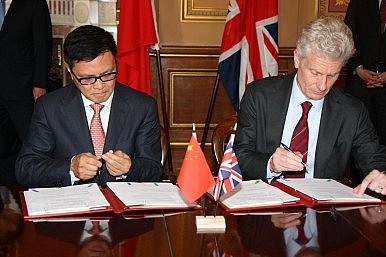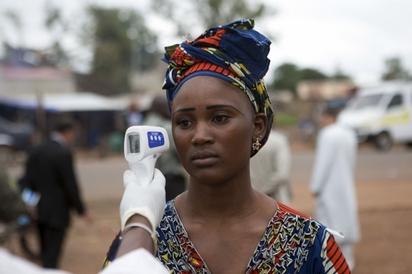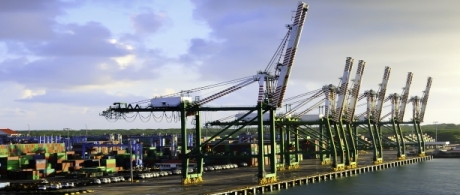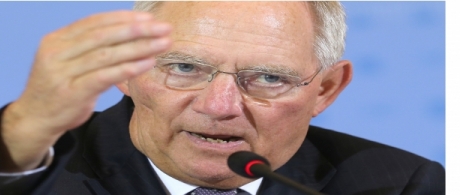Signing ceremony during the visit of Chinese Premier Li Keqiang in London (June 17, 2014).
Image Credit: Flickr/ Foreign and Commonwealth Office
If there is one striking characteristic of the U.K.-China relationship, it’s the lack of passion, despite all their historic and current overlays and links. When Li Keqiang visited Germany in September, he went shopping with Chancellor Angela Merkel in a supermarket. The two leaders actually seemed to get on with each other, with some evidence of personal chemistry. By contrast, on his visit to the U.K. visit in May, Li stood woodenly next to a nervous-looking Queen, who may have been resentfully wondering why a Chinese commoner had dared to demand an audience with her. The main issue in the lead up to Li’s May visit was an argument over the length of the literal red carpet rolled out for Li at the airport. It was almost as though Chinese protocol officers were mocking the U.K.’s perceived love of ritual and formality.






